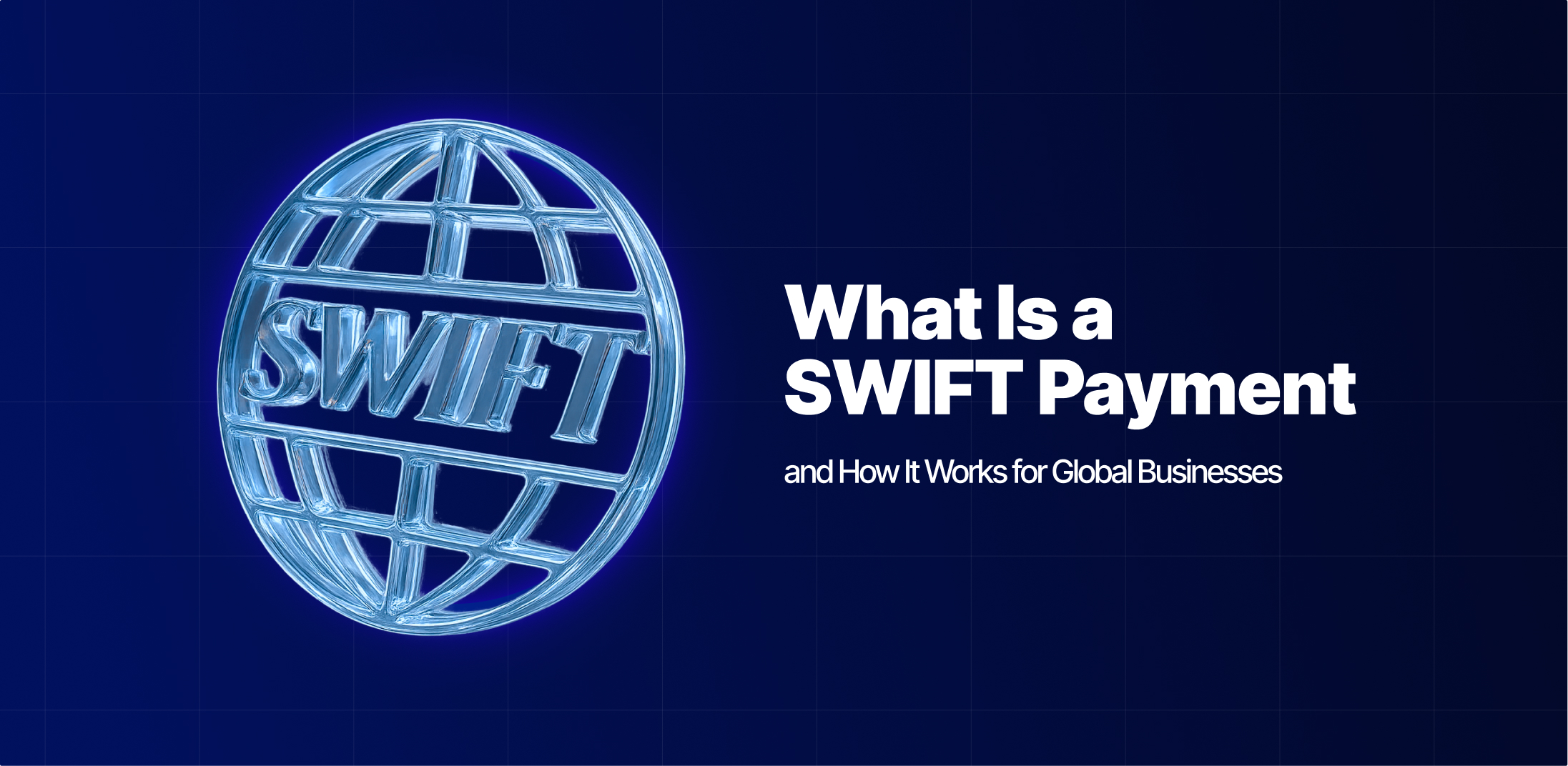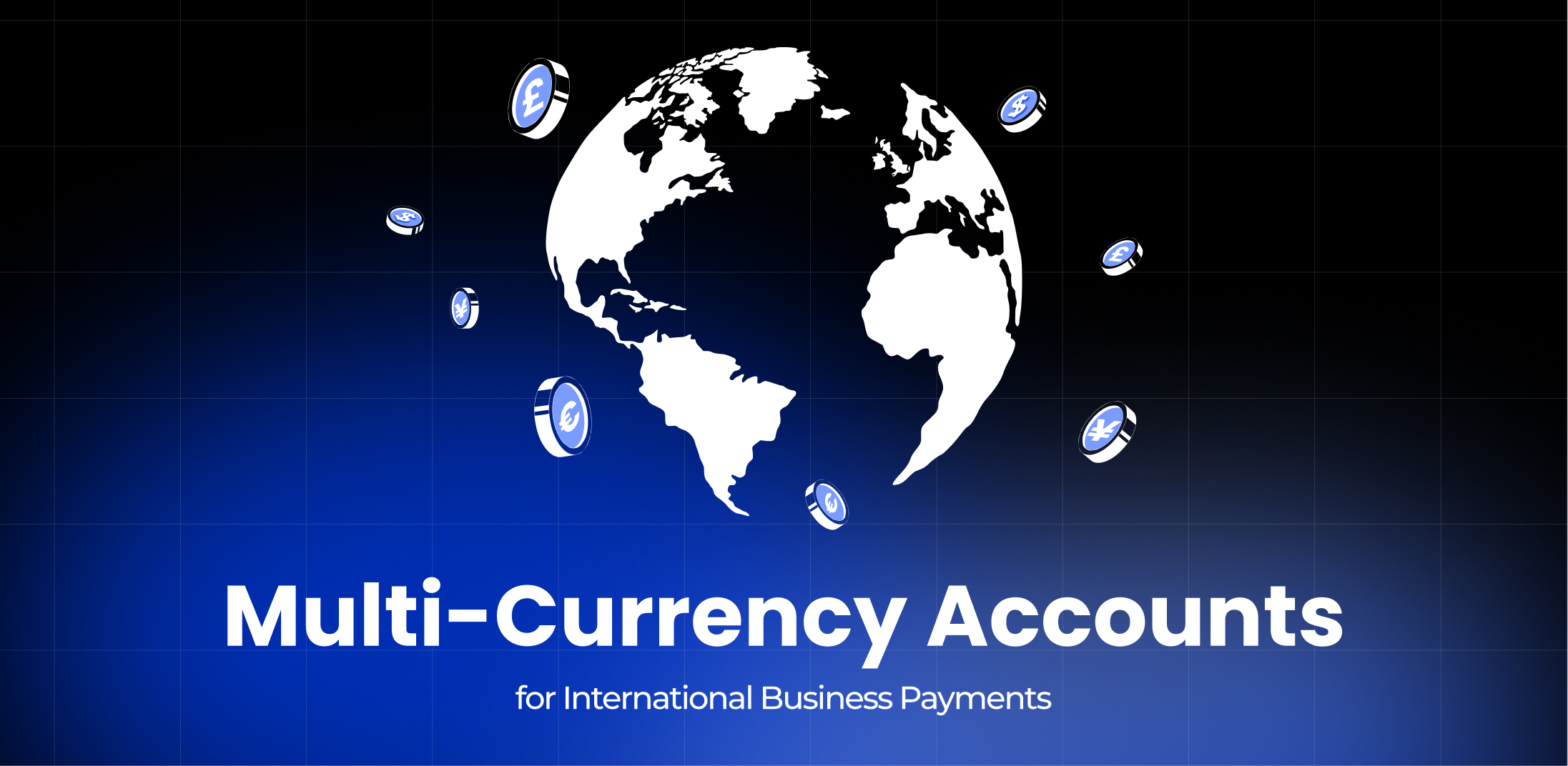In today’s globalized world, international transactions have become essential to business success. Organizations of every size, from emerging startups to established multinational enterprises, must efficiently navigate foreign markets, suppliers, and clients with speed, security, and precision. Central to this intricate network is the need for dependable cross-border payment solutions that can effortlessly handle varying currencies, legal frameworks, and financial systems.
To keep up with these growing demands, companies rely heavily on secure and rapid payment infrastructures that guarantee funds are transferred accurately and without unnecessary delays. Among the most vital elements supporting this international financial landscape is the SWIFT business payment system. Serving as the cornerstone of global money transfers, SWIFT enables banks and businesses to exchange payment instructions securely across borders, facilitating trillions of dollars in worldwide trade and investment daily.
In this article, we will dive into the fundamentals of SWIFT payments, uncover how the SWIFT network operates, and highlight its essential role for internationally active businesses. We will also discuss strategies to optimize SWIFT transactions and present innovative solutions designed to further streamline cross-border payments.
What Is a SWIFT Payment?
Understanding “what is a SWIFT payment” begins with recognizing SWIFT’s true purpose. SWIFT, short for the Society for Worldwide Interbank Financial Telecommunication, is a cooperative organization established in 1973 to develop a standardized and secure framework for international financial messaging. Rather than functioning as a system that physically moves money, SWIFT operates as a communication network.
It allows banks and financial institutions worldwide to exchange detailed, secure payment instructions. These messages include essential information such as sender and recipient data, transaction amounts, and account details, ensuring that funds are routed correctly via the involved banking institutions. Prior to the advent of SWIFT, international money transfers were largely dependent on slower, less reliable systems like Telex.
SWIFT dramatically transformed global finance by introducing a consistent, more secure method of communication, streamlining the process of conducting cross-border transactions. Today, the SWIFT network connects more than 11,000 financial entities across over 200 countries, handling millions of messages each day. Thanks to SWIFT, global trade, investment activities, and business financial operations have become more efficient, reliable, and secure.
How Does the SWIFT Network Work?

Grasping how to send money with SWIFT involves understanding the well-structured process that makes international transactions both safe and efficient. Here’s a clear breakdown of how the SWIFT network functions:
Initiating the Payment
The process starts when a business instructs its bank to initiate a SWIFT transfer. This request includes key details such as the beneficiary’s banking information, account number, transfer amount, and chosen currency.
Creating and Sending the SWIFT Transaction Message
The sending bank then formats these payment instructions into a standardized SWIFT message. This encrypted message travels securely through the SWIFT network to the recipient’s bank, adhering to strict global communication standards.
Role of Intermediary Banks
In cases where the sender’s and recipient’s banks do not have a direct relationship, intermediary (correspondent) banks step in to facilitate the transfer. These banks bridge gaps between financial institutions across different countries, ensuring the funds reach the correct destination.
Crediting the Recipient’s Account
Upon receiving the SWIFT message, the beneficiary’s bank processes it, credits the funds to the intended account, and informs the recipient that the payment has been successfully completed.
Throughout every phase, SWIFT ensures the secure exchange of critical transaction details between financial institutions. While the network does not physically transfer funds, it guarantees that all communication is accurate, verified, and trustworthy. Thanks to this robust system, businesses around the globe can send money with SWIFT confidently, knowing their international payments are handled with the utmost reliability and security.
Key Features of SWIFT Payments

Businesses across the globe rely on SWIFT payments due to their unmatched blend of standardization, security, and extensive reach. Let’s dive into the essential characteristics that make SWIFT a pillar of international finance:
Standardization and Security of International Transactions
SWIFT enforces strict formatting protocols for every message exchanged, significantly reducing the risk of errors and streamlining communication between banks. Each transaction is encrypted and verified, ensuring robust protection against fraud, unauthorized access, and data manipulation.
Global Reach
A key strength of SWIFT lies in its vast network. With connections to over 11,000 financial institutions in more than 200 countries and regions, it enables businesses to send and receive funds almost anywhere around the world. This widespread accessibility is crucial for companies engaged in global operations.
Traceability and Transparency
SWIFT payments provide full traceability at every stage. Companies and banks can track the progress of their transactions in real-time, helping them better manage liquidity, meet payment deadlines, and quickly address any issues. This level of visibility fosters confidence and improves financial control.
Reliability and Speed
While SWIFT messages are delivered almost immediately, the actual transfer of funds can take from one to three business days, depending on the intermediary banks involved. Nevertheless, SWIFT’s reputation for reliability ensures that transactions are completed accurately and securely.
In summary, SWIFT payments offer businesses a dependable and efficient method for managing international financial transactions with confidence.
How SWIFT Payments Support Global Business Operations
Businesses must be able to navigate cross-border transactions swiftly and accurately. SWIFT payments are instrumental in making this possible, supporting a wide array of business operations worldwide.
Paying Global Suppliers and Vendors
SWIFT enables businesses to efficiently pay suppliers and vendors anywhere in the world. By offering a secure and standardized messaging system, companies can quickly settle invoices, fostering strong and reliable relationships with international partners.
Receiving Payments from Customers Worldwide
For businesses catering to global markets, receiving payments from international customers is crucial. SWIFT ensures the secure and timely transfer of funds, helping businesses maintain healthy cash flow and minimize delays in receiving payments.
Managing Payroll for Global Teams
For companies with employees and contractors across multiple countries, SWIFT simplifies the management of payroll. It ensures that workers receive their payments correctly and punctually, regardless of their geographic location.
Handling Foreign Investments and Acquisitions
When a business makes international investments or acquisitions, SWIFT facilitates the secure transfer of large sums across borders. This ensures that capital can flow smoothly and securely, enabling expansion while reducing the risk associated with financial transactions.
Minimizing Risks and Inefficiencies
Without a reliable system like SWIFT, international payments would face more delays, errors, and risks. By standardizing communication, SWIFT reduces the potential for mistakes, fraud, and unnecessary costs, allowing businesses to function effectively across borders.
In all of these areas, SWIFT provides businesses with the secure, dependable infrastructure necessary for seamless international operations.
Pros and Cons of Using SWIFT Payments

| Pros | Cons |
| Universally accepted and trusted | Expensive fees |
| SWIFT is used globally, making it easy for businesses to send and receive payments across borders. | SWIFT payments may incur high fees at each banking step, including intermediary banks. |
| High security standards | Possible delays |
| SWIFT employs strict encryption and authentication protocols to ensure transactions are secure. | Payments may face delays if multiple intermediary banks are involved, or due to cross-border regulations. |
| Easy tracking of funds | Complexity for unfamiliar businesses |
| Businesses can track payments in real time, ensuring transparency and smooth financial management. | Companies without strong banking partnerships may find the process complex and difficult to navigate. |
| Supports multiple currencies | |
| SWIFT enables transactions in a wide range of global currencies, making it suitable for international operations. |
Alternatives to SWIFT Payments
Although SWIFT continues to be the leading platform for cross-border payments, various alternatives are emerging, each offering distinct advantages.
SEPA (Single Euro Payments Area)
For transactions within the Eurozone, SEPA provides a more efficient and cost-effective method than SWIFT, especially for euro-based transfers. However, it is limited to European countries and cannot be used for global transactions.
Blockchain and Cryptocurrency-Based Transfers (e.g., Ripple)
Blockchain solutions, such as Ripple, are revolutionizing international payments. These platforms offer near-instantaneous, low-cost transfers without the need for traditional banks, providing a more transparent and efficient alternative to SWIFT.
Real-Time Payment Networks
Countries like the U.S. and the UK have developed real-time payment systems, such as RTP and Faster Payments, that facilitate immediate and secure transfers domestically. However, these networks are not yet fully optimized for international payments.
Why SWIFT Cross Border Payments Remains Dominant
Despite the rise of alternatives, SWIFT continues to lead due to its extensive global network, connecting over 11,000 institutions worldwide. Its proven security, reliability, and ability to handle complex international transactions ensure that it remains the preferred choice for businesses engaged in cross-border trade.
Future of SWIFT Payments
The landscape of SWIFT payments is shifting as the financial sector embraces new technologies. A key development is the launch of SWIFT gpi (Global Payments Innovation), designed to improve the speed, visibility, and tracking of international payments. With this upgrade, businesses can now track payment statuses in real time, leading to more efficient transactions and fewer delays.
Despite this advancement, SWIFT faces growing competition from blockchain and fintech innovations, such as Ripple, which provide decentralized, quicker, and lower-cost cross-border payments. It bypasses traditional banking intermediaries. These technologies are driving SWIFT to continuously adapt in order to maintain its role as a global financial leader. In response, SWIFT is modernizing its systems, exploring new integrations with blockchain and real-time payment networks.
This modernization is crucial for SWIFT to stay relevant in a rapidly evolving financial world and continue fulfilling the demands of contemporary businesses. As the financial world continues to change at an accelerated pace, SWIFT’s ability to innovate and update its infrastructure is vital for maintaining its essential role in facilitating global trade and finance efficiently.
How Businesses Can Optimize Their SWIFT Payments
To maximize the benefits of SWIFT payments, businesses should focus on strategies that boost efficiency and cut costs.
Select banks with direct global connections
Working with banks that have established direct ties with international institutions can significantly reduce reliance on intermediary banks. This leads to quicker transactions, lower fees, and fewer opportunities for errors.
Negotiate favorable fee agreements
Businesses should proactively discuss fee structures with their banking partners. By consolidating services or maintaining higher account balances, companies may access discounted rates on SWIFT transactions.
Partner with specialized payment service providers (PSPs)
Engaging PSPs that specialize in cross-border transactions can simplify international payments. These providers often deliver better currency conversion rates, lower transfer fees, and faster service than traditional banks.
Implement bank payment automation
Introducing automated payment systems helps eliminate manual mistakes, speeds up processing times, and ensures that all SWIFT messages adhere to the correct standards.
By applying these practices, businesses can make their cross-border payments more streamlined, cost-efficient, and dependable.
PaySaxas: Enabling Smarter Global Business Payments
Managing cross-border transactions requires solutions that are not only efficient but also highly secure and transparent. PaySaxas delivers a cutting-edge approach to international payments, empowering businesses to streamline their global financial operations with confidence and ease. By optimizing SWIFT transactions, PaySaxas emphasizes faster processing, cost savings, and complete transparency.
Leveraging a strong network of strategic partnerships and a robust infrastructure, PaySaxas reduces the need for multiple intermediaries, ensuring quicker transfers and lower transaction costs. Among its key offerings, PaySaxas provides direct IBAN accounts designed specifically for businesses operating internationally, enabling swift and seamless fund transfers. Additionally, the platform supports multi-currency operations, allowing companies to handle transactions across different markets without the hassle of constant currency exchanges.
Security and compliance are fundamental pillars of PaySaxas’ service. The platform strictly follows international regulatory standards, safeguarding clients’ assets and sensitive information. Moreover, personalized support ensures that businesses receive expert guidance, making even complex payment needs simple and efficient. With PaySaxas, businesses gain greater control over their global payment processes, optimize their cash flow, and strengthen their position in competitive international markets. Choose PaySaxas today and unlock a smarter, more efficient way to manage your global payments.
Conclusion
In an increasingly connected global marketplace, SWIFT payments continue to be essential for powering international business operations. It provides the security, dependability, and global access companies rely on to succeed. Yet, simply accessing the SWIFT network isn’t enough.
Achieving true efficiency requires optimizing every transaction for speed, transparency, and cost-effectiveness. By refining their SWIFT processes and minimizing inefficiencies, businesses can boost cash flow, build stronger global partnerships, and pursue international expansion with greater assurance.
Collaborating with experts like PaySaxas allows businesses to fully leverage SWIFT’s capabilities while navigating the complexities of cross-border payments. With solutions such as direct IBAN accounts, seamless multi-currency support, and tailored client service, PaySaxas equips companies to optimize their international payment strategies and fuel smarter, more sustainable global growth.







